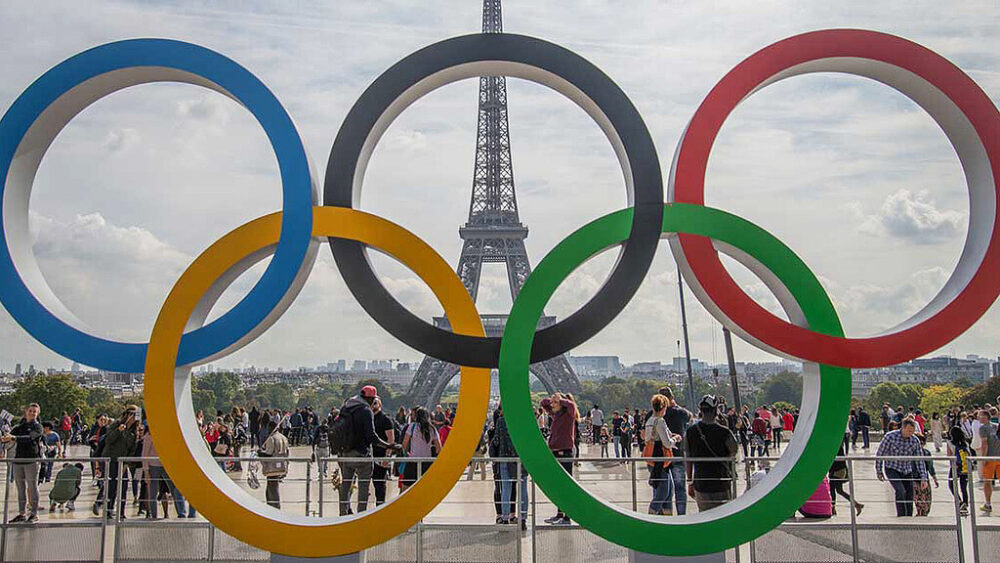The queen of freediving has disappeared
It was just another Sunday afternoon as she took a breath and began the gradual descent into the bottomless void, in preparation to dive a total of 300 feet and back — around the height of a 60-story building. Everything was going as planned until she failed to resurface. A search was carried out with […]
The queen of freediving has disappeared Read More »








